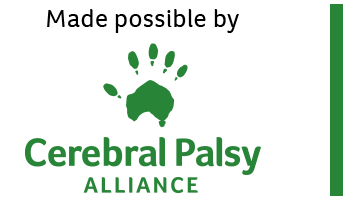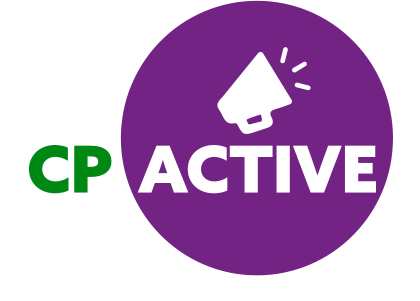An optimistic future for disability employment: young advocates facilitate the NDIS Jobs & Skills Forum
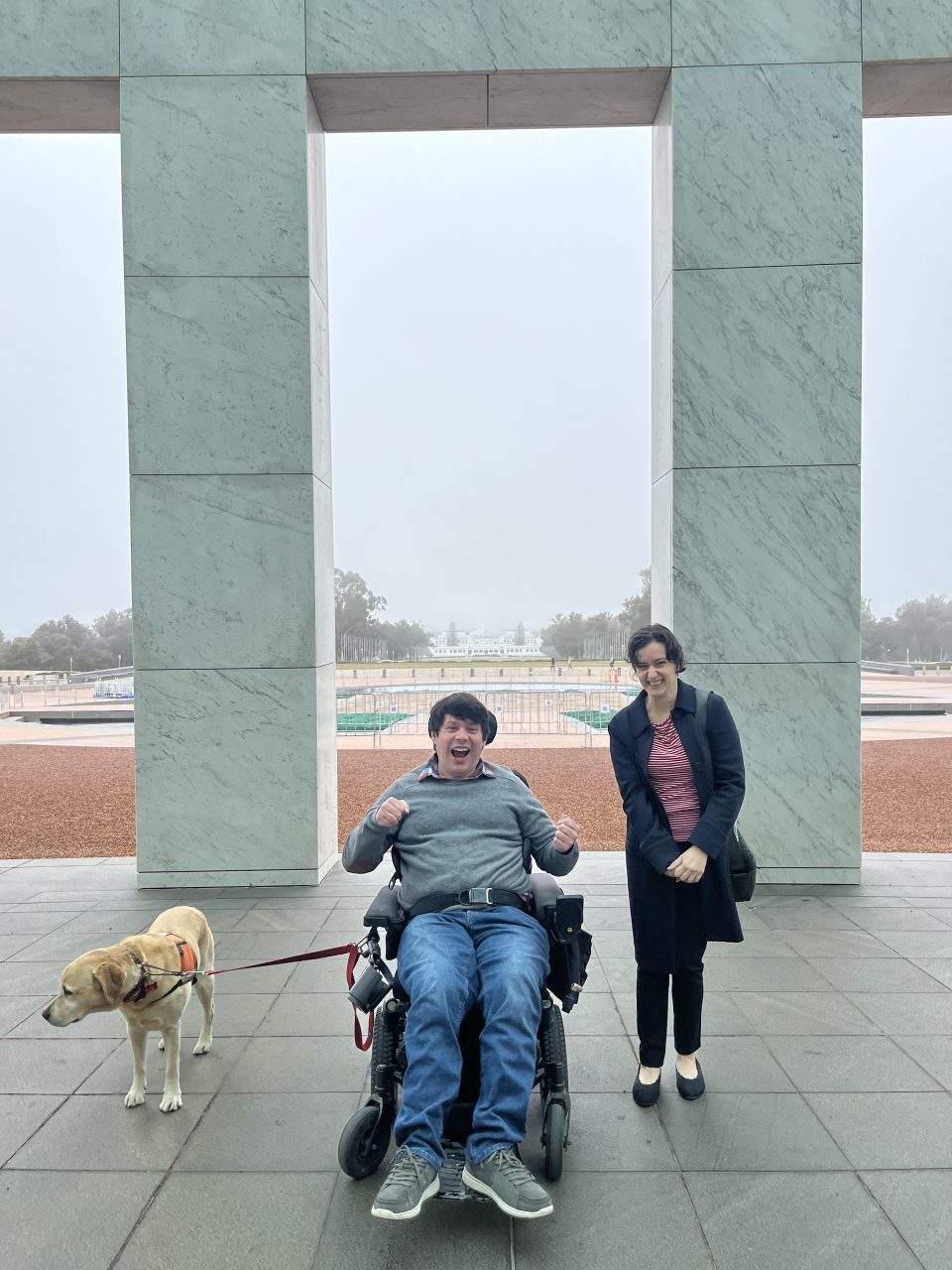
The NDIS Jobs and Skills Forum was held on Wednesday 17th August 2022. It was called by The Honourable Bill Shorten, Minister for the National Disability Insurance Scheme (NDIS), and brought together people with disability, service providers, unions, peak representative bodies and more to talk about the future of disability employment, the NDIS, and the […]
Happy Disability Pride Month!
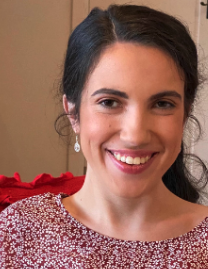
Written by Hannah Diviney, author, activist and client of CPA. Hannah writes a regular column for CPA exploring her journey with cerebral palsy and activism – head here to check out previous blogs and hear Hannah on Cerebral Conversations podcast. Hi friends! This month I’m using my column to celebrate. What exactly am I celebrating, I hear you ask? Well, […]
Meet Tamsin Colley: Australia’s youngest ever track and field Paralympian turns her sights to education
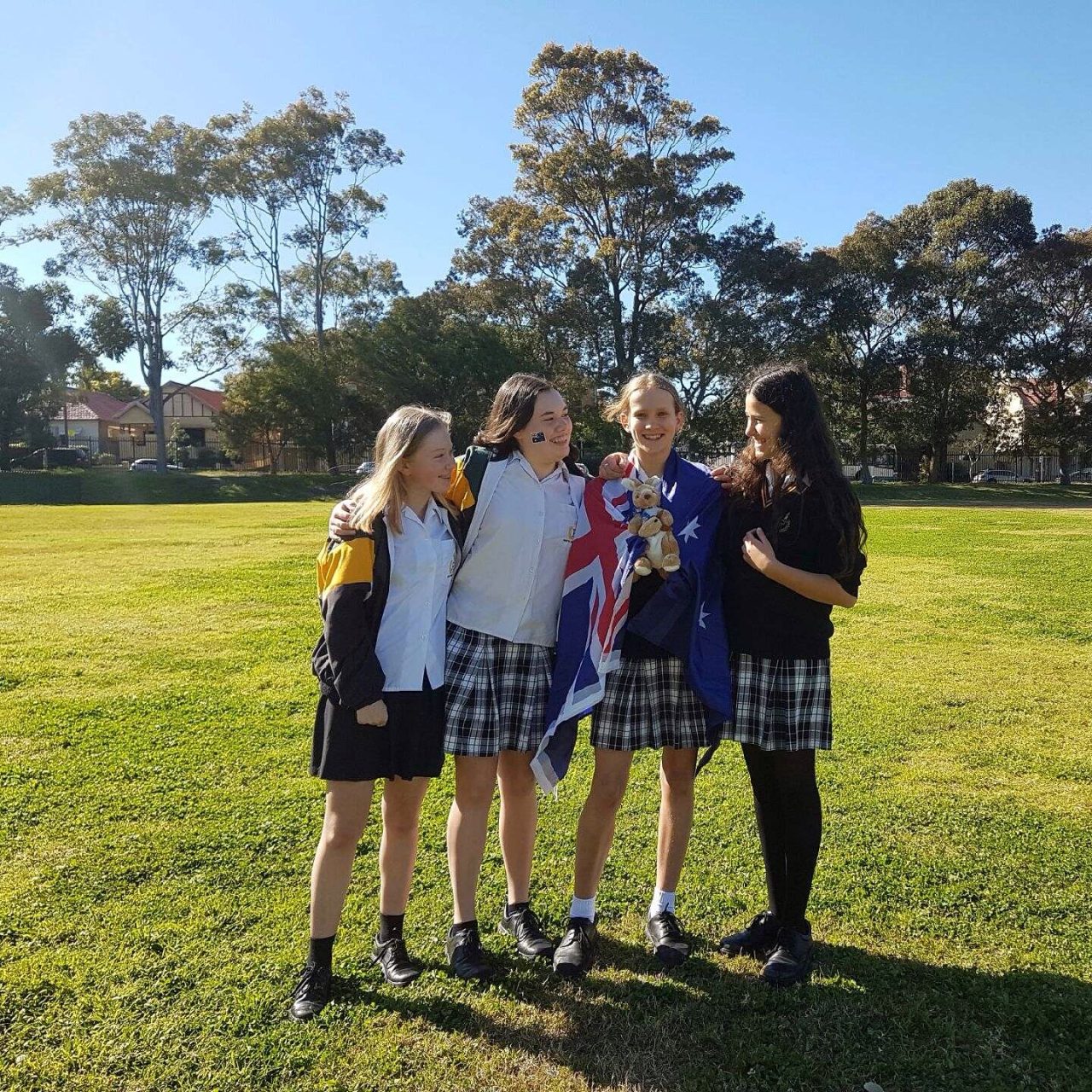
When Tamsin Colley arrived for the 2016 Paralympic Games she was the youngest member of the Australian team, turning fourteen in Rio. It’s an achievement most of us only dream of. As an athlete living with cerebral palsy, it also made Tamsin an advocate, a role she was eager to take up. “I was the […]
Cerebral Conversations: Work/Life Brilliance with Marley Lyras-Hull
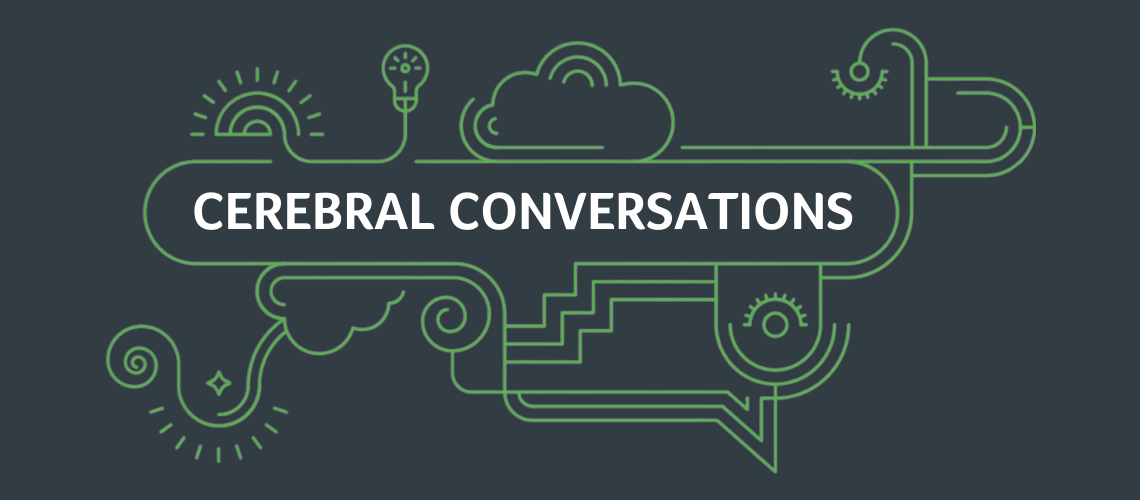
Marley Lyras-Hull is a master juggler, Cerebral Palsy Alliance employee, and is currently studying her fourth degree – and she shares the secrets behind her drive on the Cerebral Conversations Podcast.
She’s raising three daughters, one of whom lives with a disability, and Marley herself lives with cerebral palsy. When there really are only 24 hours in a day, how does she get it all done?
Marley talks about how she juggles ALL the things, what inspires her, and her tips for other parents living with a disability or parenting a child with disability.
CPA Intern Ananya: My Workplace Experience
By Ananya Choudhary My name is Ananya Choudhary, I am sixteen years old with Cerebral Palsy. I am in my last year of secondary education and currently studying at Macarthur Girls High School. I am interested in technology and I like creating digital content such as social media posts, posters, flyers and many more. As […]
Resilience, community and representation – key lessons from CPA’s Paralympic Ticker Tape Parade
The amazing performance of Australian athletes with cerebral palsy at the Tokyo 2020 Paralympics has inspired a new generation of young children with CP and similar disabilities. To celebrate the return of our Aussie Paralympians, CPA recently held a virtual Paralympic Ticker Tape Parade, pairing aspiring athletes with some of our most successful Paralympians living […]
Window of Opportunity campaign: stories from the launch
Right now in Australia, there’s no standard program for screening babies for CP. That’s why the Window of Opportunity campaign exists: to advocate for a national Baby Movement Screening program for every child born, or BaMS for Bubs.
At the launch event the CPActive community heard from four parents about their child’s journey to diagnosis and treatment. These are their stories.
